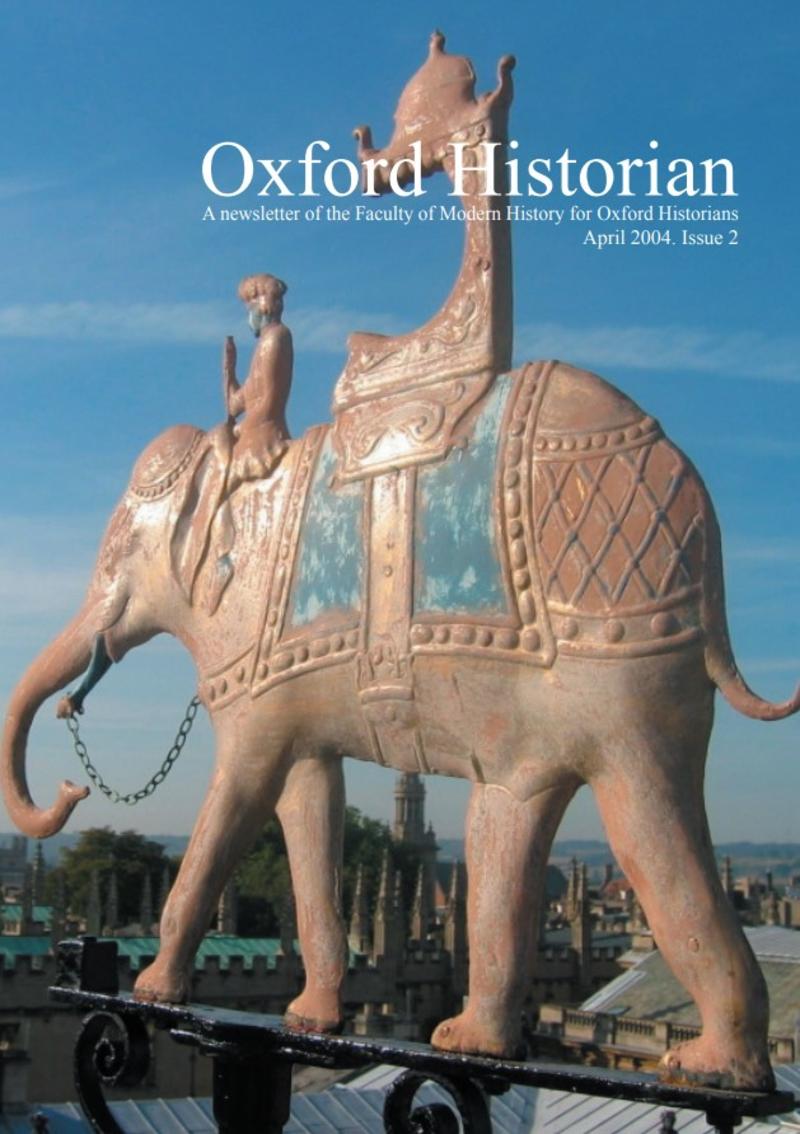What do historians actually do? – when they’re not teaching, that is. For most of us, historical research is a self-funded and solitary activity. Each one of us takes trips to archives and record offices. We work our lonely way through files and bundles and rolls, making our own notes as we go. We worry to ourselves over what we’ve found, and try to sort out what it means. And then we each write our own book or article, and hope others will like it. But things are changing. The research councils, trusts, and other funding bodies work to a science model of research, and the buzz words now are programmes, collaboration and interdisciplinarity. The external assessors who grade our research like group projects and big themes. We can’t just say ‘That’s not how we work’ – because large research grants are at stake and the University’s funding formula attaches weight to them. So we have to bid for external grants, we have to define research programmes, we have to propose collaborative projects, and we have to think how to use research assistants - not all of us, but enough of us to show that we can cope with the new ways and earn research income.
We have been constrained by space: we could not mount big projects because we had nowhere to put people. But now we have the Modern History Research Unit, housed incongruously on the second floor of the Radcliffe Infirmary’s ENT block (don’t laugh, it’s better than nothing), with a Research Development Officer to help us propose and manage programmes. And we have some exciting collaborative projects: Richard Sharpe’s on medieval charters, Steven Gunn’s on state-building, Laurence Brockliss’s on the history of childhood, Patricia Clavin’s on international economic policy between the wars, Hew Strachan’s on the changing nature of warfare. There are more on the way. We have joined the ‘EurHist’ consortium of History departments and research institutes, working on ‘New Paradigms in European History’ (hopefully with lots of euros to support it). A dozen of us have planned a study of the impact of religious change on moral values and conduct in Britain, from the conversion of the Anglo-Saxons to the contemporary decline of organised religion. We are learning to work together, to pool our skills, and to manage joint ventures. It’s a strange world, and we’re feeling our way – but we have made a very promising start.
- Christopher Haigh
Christ Church
Chairman of the Faculty Board




